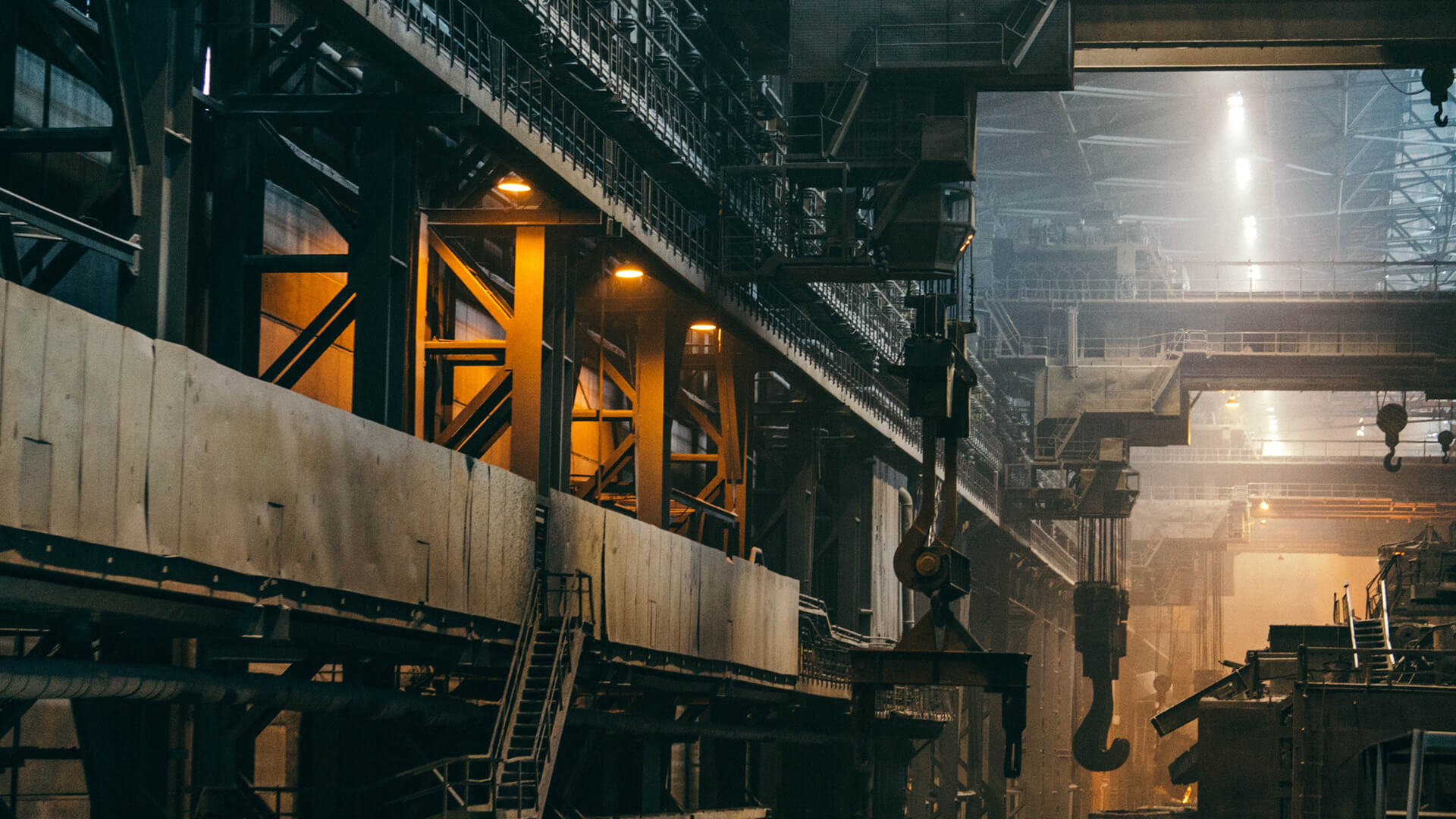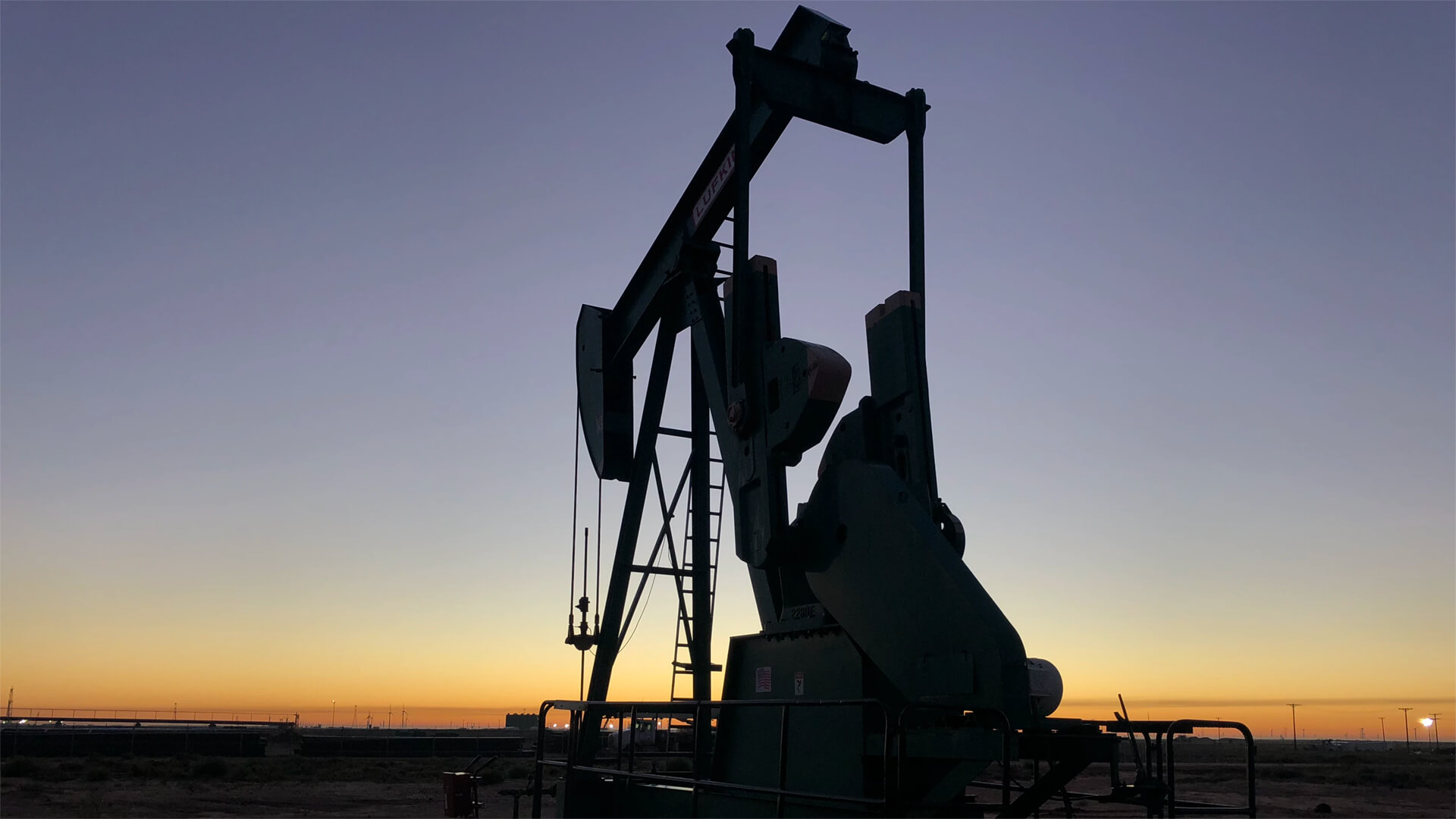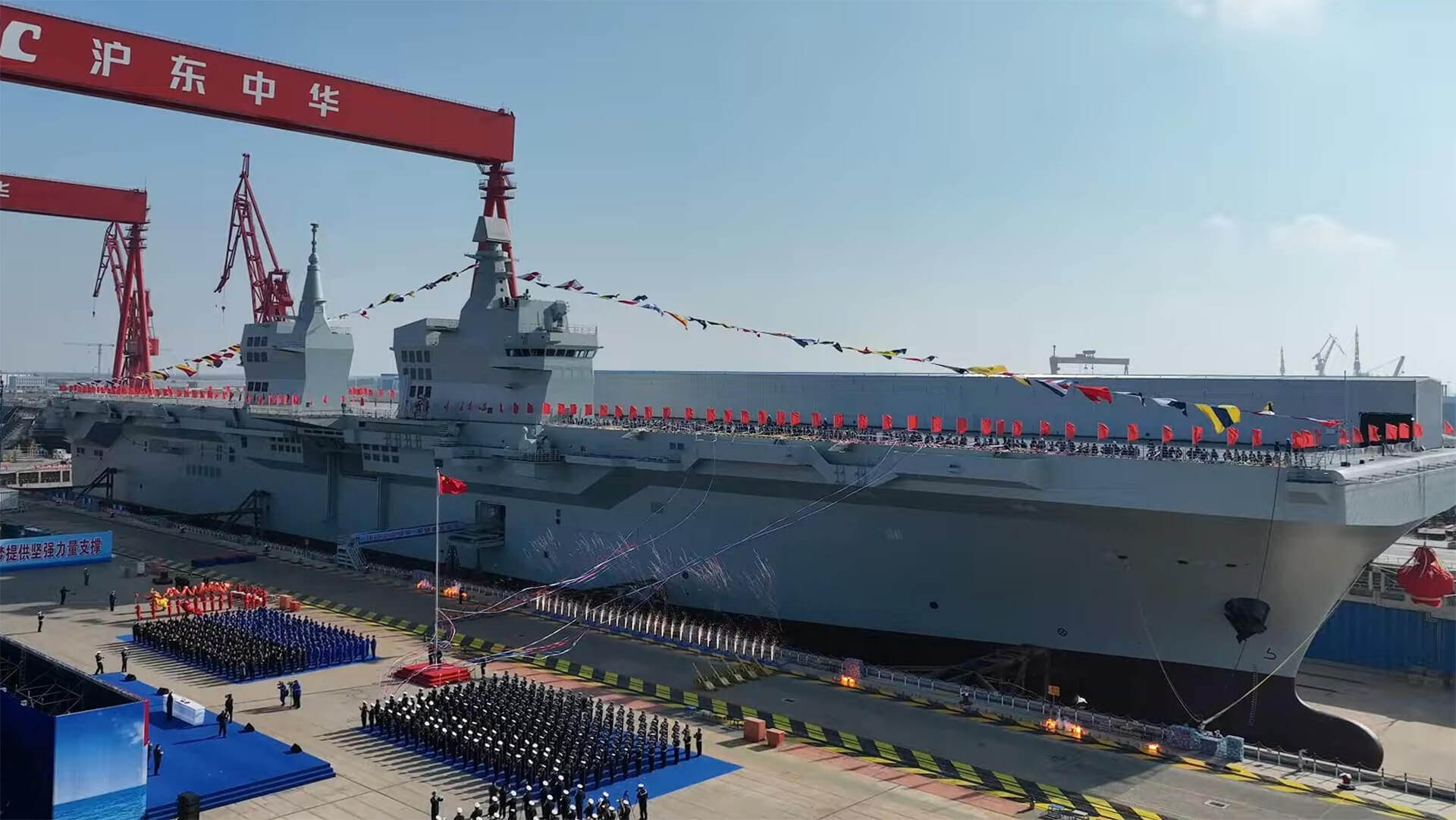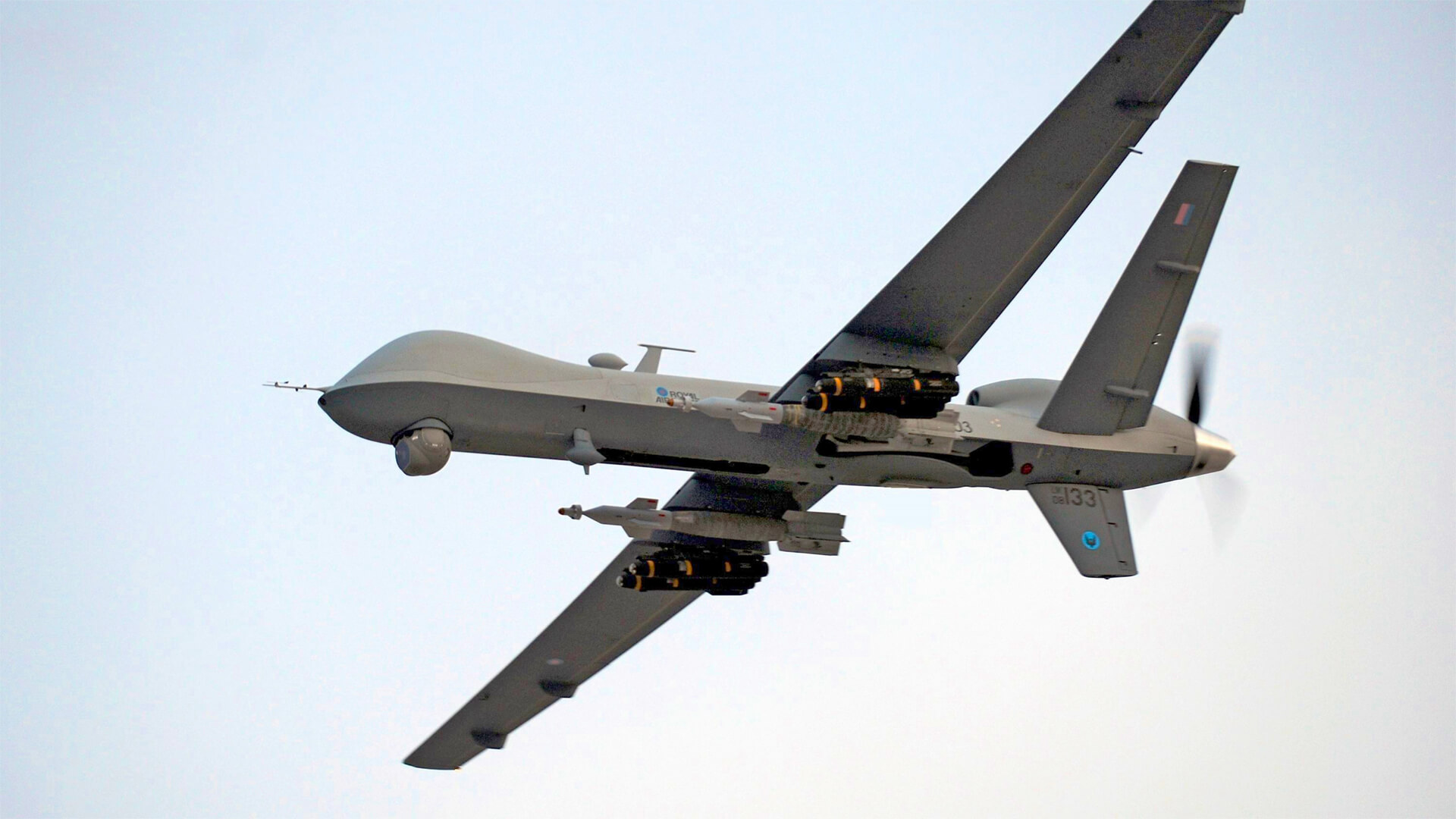Doubling the US industrial capacity requires 50% more electricity…already a high barrier to entry. If we want to throw in some new data centers, add another 25-50% on top of that. No small feat.
Should the US want to accomplish this industrial buildout, then heavily investing in long-distance lines is essential. The data centers are going to require 24/7 baseload, which means nuclear or coal (and natural gas for surges). So, you’ll have to swallow that pill too.
Power needs to be able to flow from where it’s created to where it’s needed. Transmission is the name of the game. Without that, none of this works. And if someone tries to paint a different picture for you, maybe don’t drink their Kool-Aid.
Transcript
Hello from Hazy Colorado. Today we’re taking a question from the Patreon page. Specifically, it’s about electricity and data centers and what is it going to look like if we’re going to do all these data centers, much less consider doubling the size of America’s industrial plant?
How much power do we need in what is going to look like on the other side? How do we get there? A lot, a lot wrapped up in there. Let’s start by saying that we need 50% more electricity if we don’t do data centers, if all we’re going to do is double the industrial plant, data centers are on top of that, and that’s another 25 to 50% based on which model for the future of data centers that you want.
Now, everyone broadly agrees on the problem here. Now, one of the big weaknesses in the United States grid is it’s not very well interconnected. We don’t have a lot of cross state, large scale electricity transmission lines. And what that means is that regardless of where you need electricity, you’re kind of stuck with local resources in order to get what you need.
And that means you’re going to be overbuilding capacity in order to guarantee what you need, which means you’re going to have more facilities than the nameplate would suggest, and they’re going to be running that lower capacity. And that’s particularly true if you want to do something, say, with green tech. So, for example, if you put a big solar farm in, say, Arizona, you’re going to generate three times as much electricity as if you do it outside of New York City.
And so the whole idea of a long range transmission line is you can take the power from where it can be generated efficiently or cheaply, and move it to the places that can’t. And in that way you get a much more efficient system, even if it might cost a little bit more. So roughly, if you expand the grid by half, you need about $1 trillion in new plant, new generation facilities, and then about half $1 trillion in distribution systems that assumes you’re doing everything within state boundaries.
You’re paying more for more nameplate than you probably could use, because you’re gonna have lower efficiencies, but also means higher manufacturing costs, higher installation costs. Or you can spend about maybe 20% more, if that 20% more is almost exclusively on long range transmission. And if you do that, you build less generation that is more effective at what it does.
And you wire in the power. Here’s the issue. The United States really doesn’t have any of those long range high voltage lines. In fact, if you’re looking at above 70 kilovolts, which is kind of the standard for like the big stuff, we only have one cluster in the country, and that is an area roughly a triangle between Pittsburgh, Pennsylvania, Chicago and Saint Louis, because in the middle of that triangle is coal country.
And back during the 60s, 70s, and 80s, a succession of American governments came to the conclusion that it was cheaper to wire electricity than it was to rail coal. So you generated the electricity within this triangle and then had these massive lines to send that power somewhere else.
If the goal is to have a lot more electricity, regardless of why that version of the model needs to be replicated more or less nationwide, and that is easily a $300 billion program, probably more now.
Data centers specifically, something that everyone seems to forget, is that data centers churn all the time, 24 hours a day, which means any sort of power generation that cannot generate electricity 24 hours a day is something that a data center will not consider. So solar out because it’s dark every night, wind largely out because most places don’t have reliable wind currents.
Although in some places, if you go high enough, that’s a possibility, which merely means you only have two options. Number one is you can build a new fleet of nuclear power plants because while they can be spun up and down, the Nuclear Regulatory Commission really doesn’t like to see those numbers change because it looks a little bit like a meltdown.
And we try to avoid those. So you build a nuclear power plant either specifically for it or nearby, or you refurbish an old one, whatever happens to be baseload power, that’s what you’re after. Baseload power. The only other option is coal. Yes, you can build a natural gas plant, but natural gas is better for spinning up and down.
You want it for surge capacity as opposed to more generally for baseload capacity. So either you’re getting nukes or you’re getting coal. And if you want data and you don’t like those two things, then you might as well does not try to do either. Data centers at all. And just kind of forget the next 30 years of human technological advance.
This is what you need. Lots of long range transmission, lots of nukes, lots of coal, and then natural gas, solar and wind for everything else. Anyone who cannot lay it out like that to you, it’s been blinded by a degree of ideology or personal interests. This is what you need is a digital future or a more industrialized future is what you’re after.











